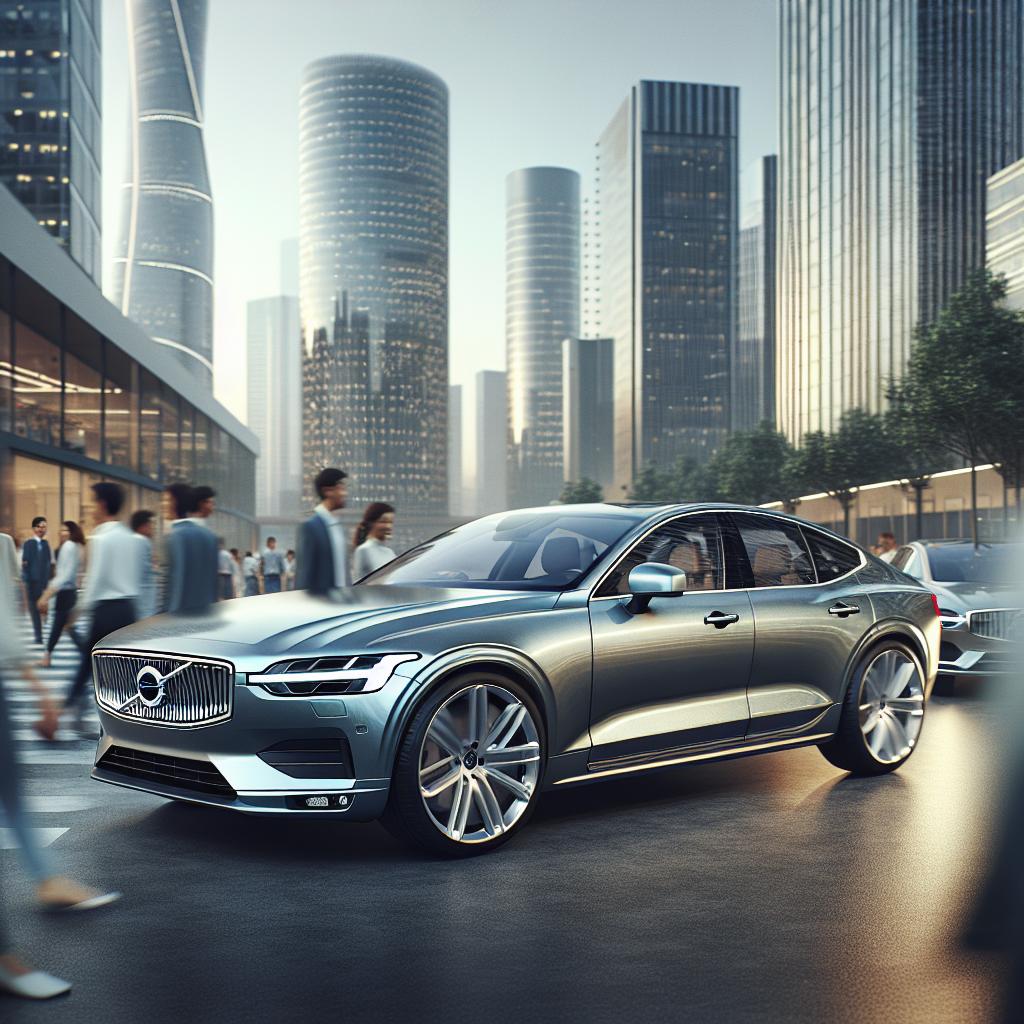Volvo's Tariff Tango: Navigating EU-China Electric Vehicle Trade Tensions
Volvo Cars seeks to avoid substantial tariffs on its China-made electric vehicles entering Europe by negotiating a pricing agreement, as the EU considers tariffs up to 45% on Chinese EVs. Supported by Sweden, Volvo aims for a deal to mitigate potential impacts while planning local production in Belgium.

Volvo Cars is maneuvering to sidestep significant tariffs on their electric vehicles imported from China to Europe by arranging a pricing agreement. This strategic move follows Sweden's backing of the carmaker amid the European Commission's tariffs up to 45% on Chinese-made EVs.
In a positive development for Volvo, member states' votes reflect the EU's willingness to persist in negotiations with China, despite the commission outlining potential tariffs. This has propelled Volvo shares up by as much as 4% in early trading.
Sweden, home to Volvo Cars, underscores the importance of a collaborative EU-China resolution to avoid economic repercussions. As Volvo prepares to commence production of their EX30 model in Belgium by 2025, it aligns with the broader narrative of ongoing EU trade dynamics involving Chinese-made electric vehicles.
(With inputs from agencies.)
- READ MORE ON:
- Volvo
- China
- Electric Vehicles
- Tariffs
- European Union
- Sweden
- Trade Agreement
- Geely
- Cars
- Commission
ALSO READ
EU and China Strive for Trade Agreement on Electric Vehicles
Sweden's EQT to Acquire Indostar Home Finance for Rs 1,750 Crore
India and EU to Kickoff Crucial Free Trade Agreement Talks
Iranian Cyber Attack Influences Perception of Sweden as Islamophobic
Iranian Hackers Send Provocative Texts: Sweden Blames Tehran for Cyber Attack










